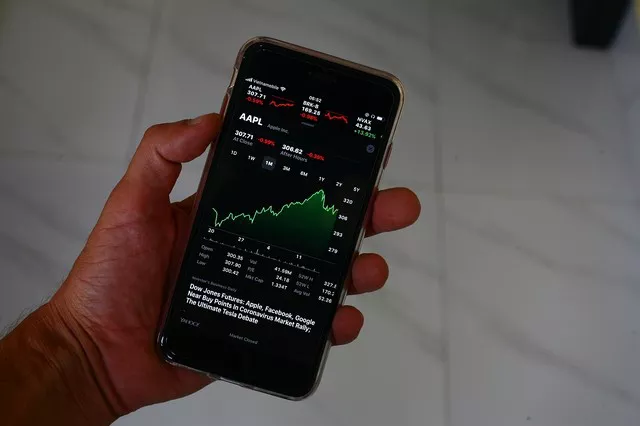For investors seeking exposure to the wheat market without directly trading futures contracts, exchange-traded funds (ETFs) provide a convenient and accessible alternative. These ETFs track the performance of wheat futures, allowing investors to gain exposure to wheat prices without the complexities of futures trading. In this article, we’ll explore the various ETFs that track wheat futures, their features, and considerations for investors looking to incorporate them into their portfolios.
Understanding Wheat Futures
Before delving into ETFs tracking wheat futures, it’s essential to understand what wheat futures are and how they work. Wheat futures are standardized contracts that obligate the buyer to purchase a specified quantity of wheat at a predetermined price on a future date. These contracts are traded on futures exchanges such as the Chicago Board of Trade (CBOT) and provide a mechanism for hedging against price fluctuations and speculating on future price movements in the wheat market.
ETFs Tracking Wheat Futures
Several ETFs offer exposure to wheat futures, allowing investors to participate in the performance of the wheat market through a single investment vehicle. These ETFs typically hold futures contracts on wheat or invest in derivatives such as swaps to replicate the returns of wheat futures. Some of the notable ETFs that track wheat futures include:
Teucrium Wheat Fund (WEAT): The Teucrium Wheat Fund is one of the most popular ETFs tracking wheat futures. It seeks to replicate the performance of the wheat futures market by investing in a portfolio of wheat futures contracts. WEAT provides investors with direct exposure to wheat prices and allows them to hedge against inflation or speculate on changes in wheat prices.
iPath Series B Bloomberg Wheat Subindex Total Return ETN (WEET): The iPath Series B Bloomberg Wheat Subindex Total Return ETN is another ETF that tracks wheat futures. It aims to provide investors with exposure to the performance of wheat futures contracts traded on the Bloomberg Wheat Subindex. WEET offers investors a convenient way to gain exposure to wheat prices without directly trading futures contracts.
ELEMENTS Linked to the Rogers International Commodity Index – Agriculture Total Return (RJA): The ELEMENTS Linked to the Rogers International Commodity Index – Agriculture Total Return ETF tracks a broad basket of agricultural commodities, including wheat futures. RJA provides diversified exposure to the agricultural sector and includes futures contracts on wheat, corn, soybeans, and other agricultural commodities.
Considerations for Investors
While ETFs tracking wheat futures offer investors an opportunity to gain exposure to the wheat market, there are several considerations to keep in mind before investing:
Volatility: Wheat futures markets can be volatile, with prices subject to fluctuations based on factors such as weather conditions, supply-demand dynamics, and geopolitical developments. Investors should be prepared for potential price swings and volatility when investing in ETFs tracking wheat futures.
Roll Yield: ETFs that invest in futures contracts are subject to roll yield, which can impact returns. Roll yield refers to the difference between the price of the expiring futures contract and the price of the new futures contract when the ETF rolls its positions forward. Investors should understand how roll yield affects the performance of ETFs tracking wheat futures.
Expense Ratios: Like other ETFs, ETFs tracking wheat futures charge expense ratios, which represent the annual operating expenses of the fund as a percentage of its assets under management. Investors should compare expense ratios when evaluating different ETFs and consider the impact of fees on their overall returns.
Tax Considerations: ETFs that invest in futures contracts may generate taxable income through dividends, capital gains, or other distributions. Investors should consult with a tax advisor to understand the tax implications of investing in ETFs tracking wheat futures and how they may affect their tax liabilities.
Conclusion
In conclusion, ETFs tracking wheat futures provide investors with a convenient and accessible way to gain exposure to the performance of the wheat market. These ETFs hold futures contracts on wheat or invest in derivatives to replicate the returns of wheat futures. While ETFs tracking wheat futures offer benefits such as diversification, liquidity, and transparency, investors should be aware of potential risks such as volatility, roll yield, expense ratios, and tax considerations. By understanding the features and considerations of ETFs tracking wheat futures, investors can make informed decisions and incorporate these investment vehicles into their portfolios effectively.


